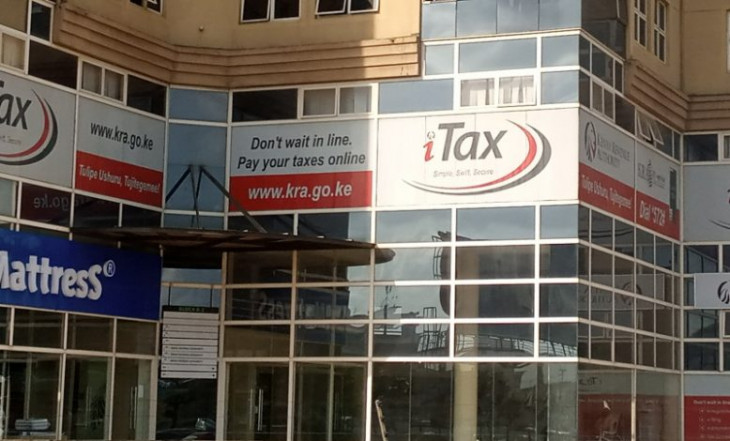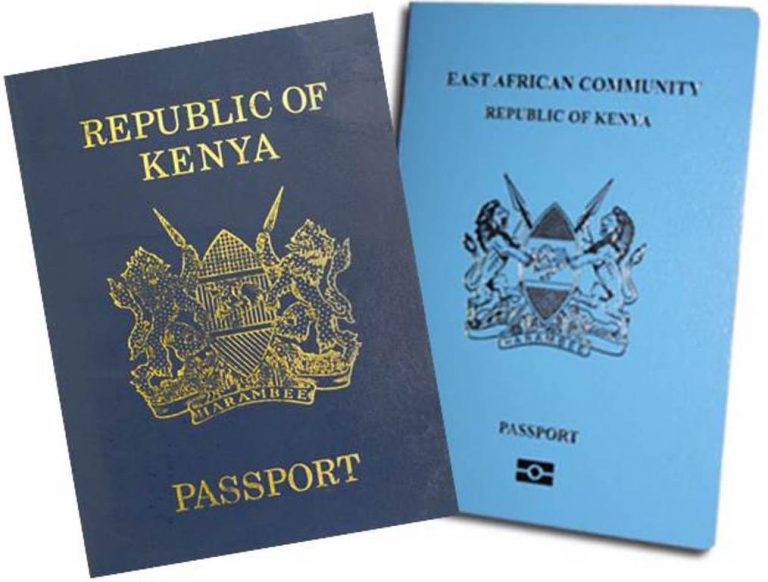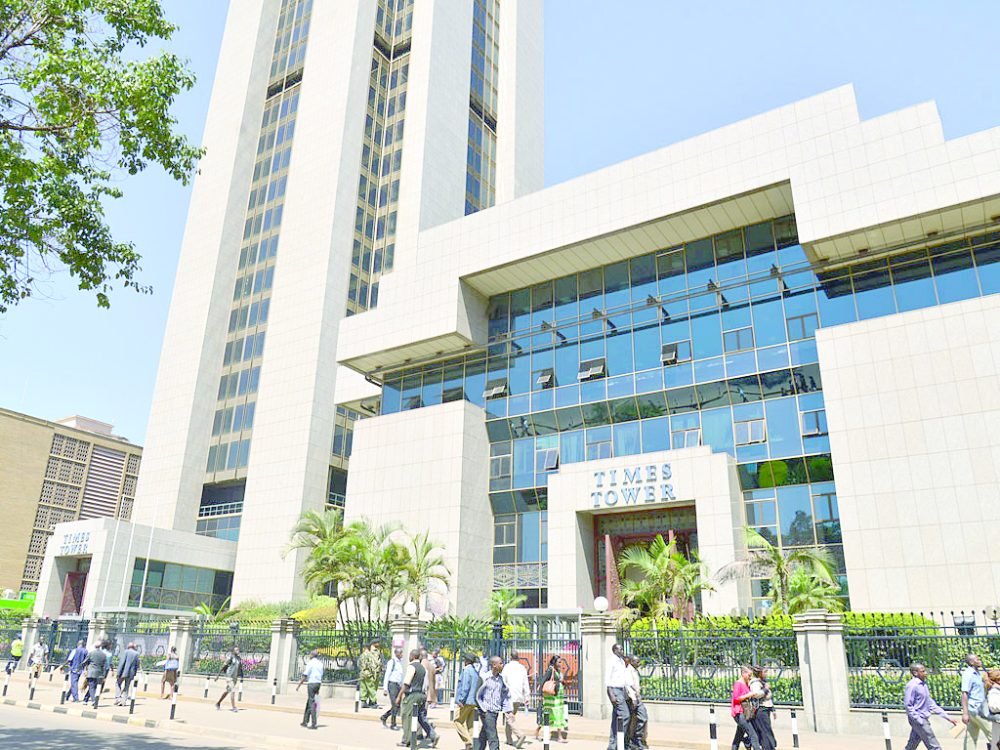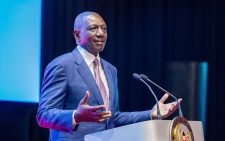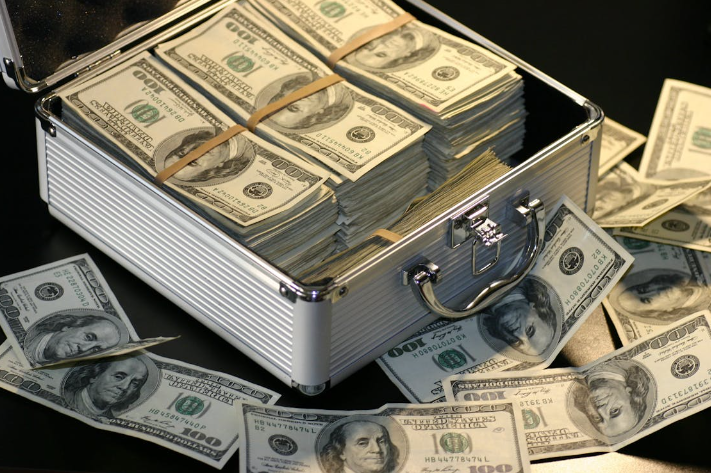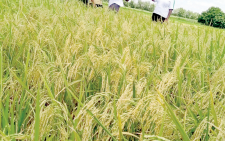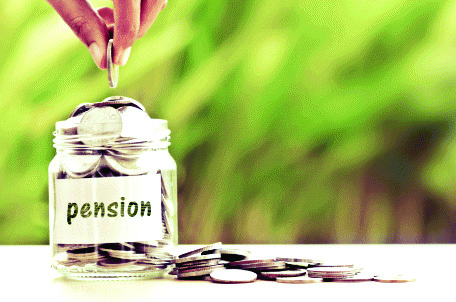Kenyans to shoulder extra Sh200b on taxes in FY21/22
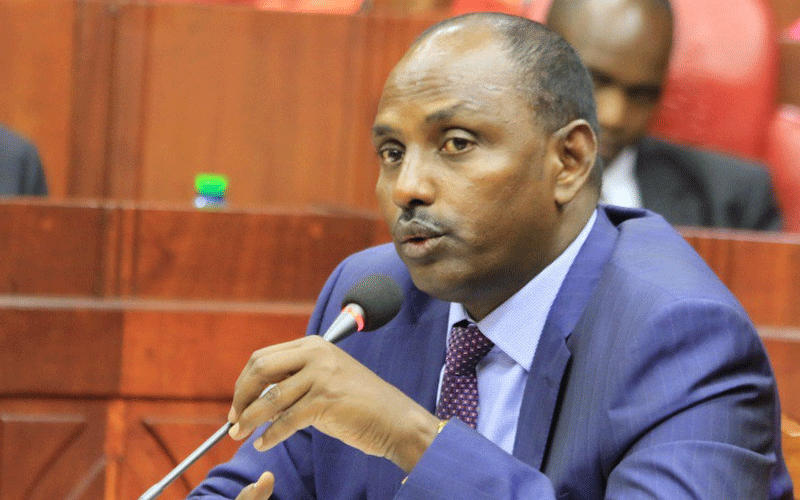
Kenyans are expected to pay Sh200 billion more in taxes as Kenya Revenue Authority (KRA) targets to collect Sh1.7 trillion up from Sh1.5 trillion to fund a Sh3 trillion budget.
Treasury said it is banking on KRA’s ongoing tax reforms in tax policy and revenue administration to raise more cash to finance government obligations.
“Revenue performance will be underpinned by ongoing reforms in tax policy and revenue administration. Ordinary revenues will amount to Sh1,764.7billion,” said Treasury CS Ukur Yatani in the 2021/22 budget policy statement.
Treasury expects to net a total revenue of Sh1.98 trillion which includes foreign aid and grants from development partners.
This means Kenyans will be under more pressure to pay for higher taxes as KRA introduces various tax measures such as digital tax and alternative minimum tax which will be passed to consumers by their merchants.
Ordinary revenue in the first half of the financial year totalled Sh726.5 billion of which Sh673 billion was tax revenue while Sh52.9 billion was non-tax revenue.
“That being the case, tax revenue target for the second half is expected to be revised upwards following the reversal of the Covid-19 tax relief measures,” Genghis Capital said in an investor brief.
The taxman has also introduced new tax measures such as minimum tax for loss-making local firms, digital service tax for non-domestic firms.
KRA is banking on the projected 6.4 per cent economic growth to collect increased tax revenues. World Bank expects Kenya to grow by a strong 6.9 per cent, the highest in Africa.
“Looking ahead and with the ongoing implementation of the Post- Covid-19 Economic Recovery Strategy 2020-2022, revenue performance is expected to accelerate within forecast rates,” the taxman said in a statement on its website.
The tax agency said it has also intensified compliance enforcement efforts by driving the implementation of the new tax measures including digital service tax, minimum alternative tax.
Voluntary disclosure
KRA said it is working on a voluntary disclosure programme that seeks to waive interest and penalties for taxpayers who disclose and pay taxes that may not have been declared and paid for the last fiveyears.
The fiscal deficit will remain elevated at 7.5 per cent, slightly lower than the 9 per cent for this fiscal year.
Reflecting the projected expenditures and revenues, the gap between spending and income is projected at Sh937.6 billion compared to the estimated overall fiscal balance of Sh1 trillion in the current financial year.
This means the government will borrow Sh937 billion between June this year and June next year. Nearly Sh600 billion will be borrowed from the domestic market.
Treasury is, however, expected to come under pressure after the expiry of the six-month moratorium offered by China and the Paris club of 10 countries.
Paris Club of major economies granted Kenya’s request for debt service suspension early this month
“The Paris Club creditors have accepted to provide to the Republic of Kenya a time-bound suspension of debt service due from January 1 to June 30, 2021,” the G20 group of rich nations said in a statement.
The deferred repayment gives Kenya around Sh32.9 billion in potential savings for the six-month period.
Kenya was committed to channel the cash freed by the initiative to mitigate the health, economic, and social impact of the Covid-19 crisis, the Paris Club said.
The piling public debt has seen Kenya commit more than half of taxes to paying loans, leaving little cash for building roads, affordable housing and revamping of the ailing health sector.
